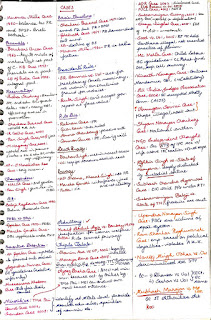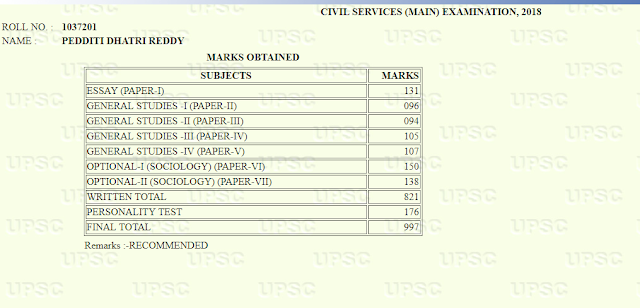Interview Transcript 2018
My first UPSC interview in 2019, Satyavati Ma'am as board chairman, afternoon slot. Chairwoman (Satyavati ma'am): What is the meaning of 'Dhatri' (my name)? Do you know who in our mythology is known as the child of the Earth? What was your work in Deustche bank? Did you work on preparing prospectus? Which clients have you worked on? What kind of nukkad did you perform? Did you present solutions too? What is Clinton Global Fellowship? (mentioned in my DAF) What is the NGO you founded? Who were its members? What is NDT (in metallurgy)? M1: The US has become self-sufficient in its fuel requirements, how? What do you know about shale gas - how to extract? What materials can help in dealing with environmental degradation? Do you suggest any changes we need to make in UPSC syllabus? M2: What is the physiological process of poison? Can you say good morning in Sanskrit? What materials are used in agri sensors? Opinion on Syria issue. Should we allow...

